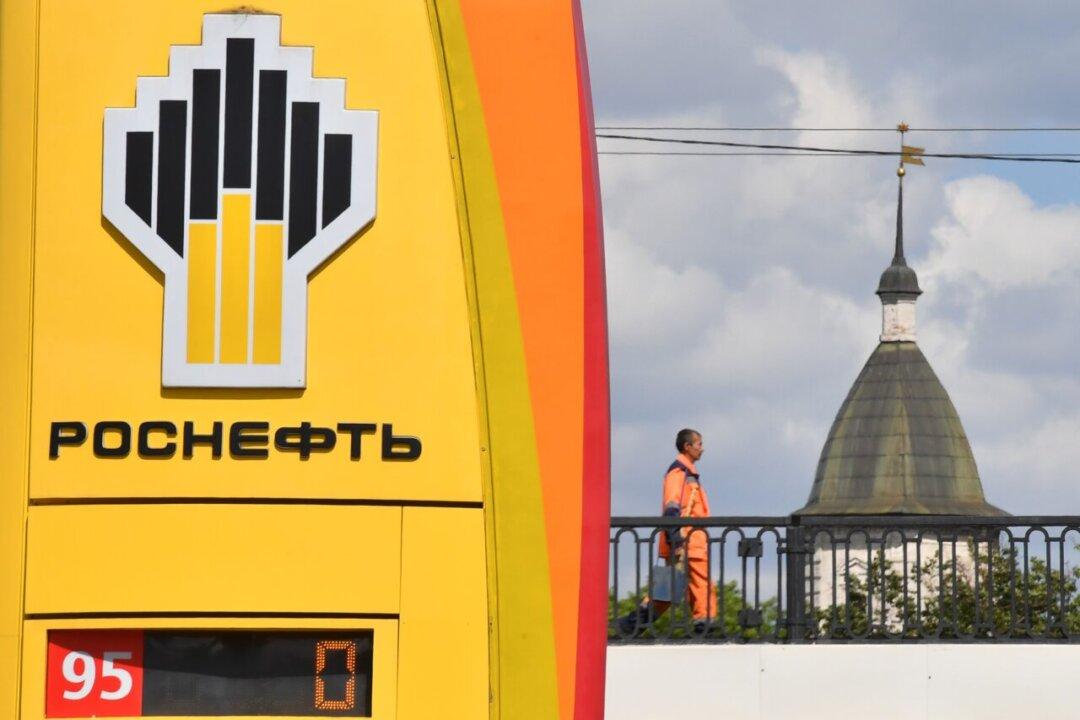WASHINGTON—The Trump administration announced sanctions on Feb. 18 on a Russian state-controlled brokerage that has helped the Venezuelan government skirt an American oil embargo and enabled President Nicolas Maduro keep his grip on power in the South American country.
Administration officials said Rosneft Trading S.A. and its president, Didier Casimiro, would be added to a financial blacklist in a move that is expected to largely freeze him and the company out of the global financial system.





